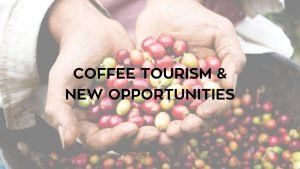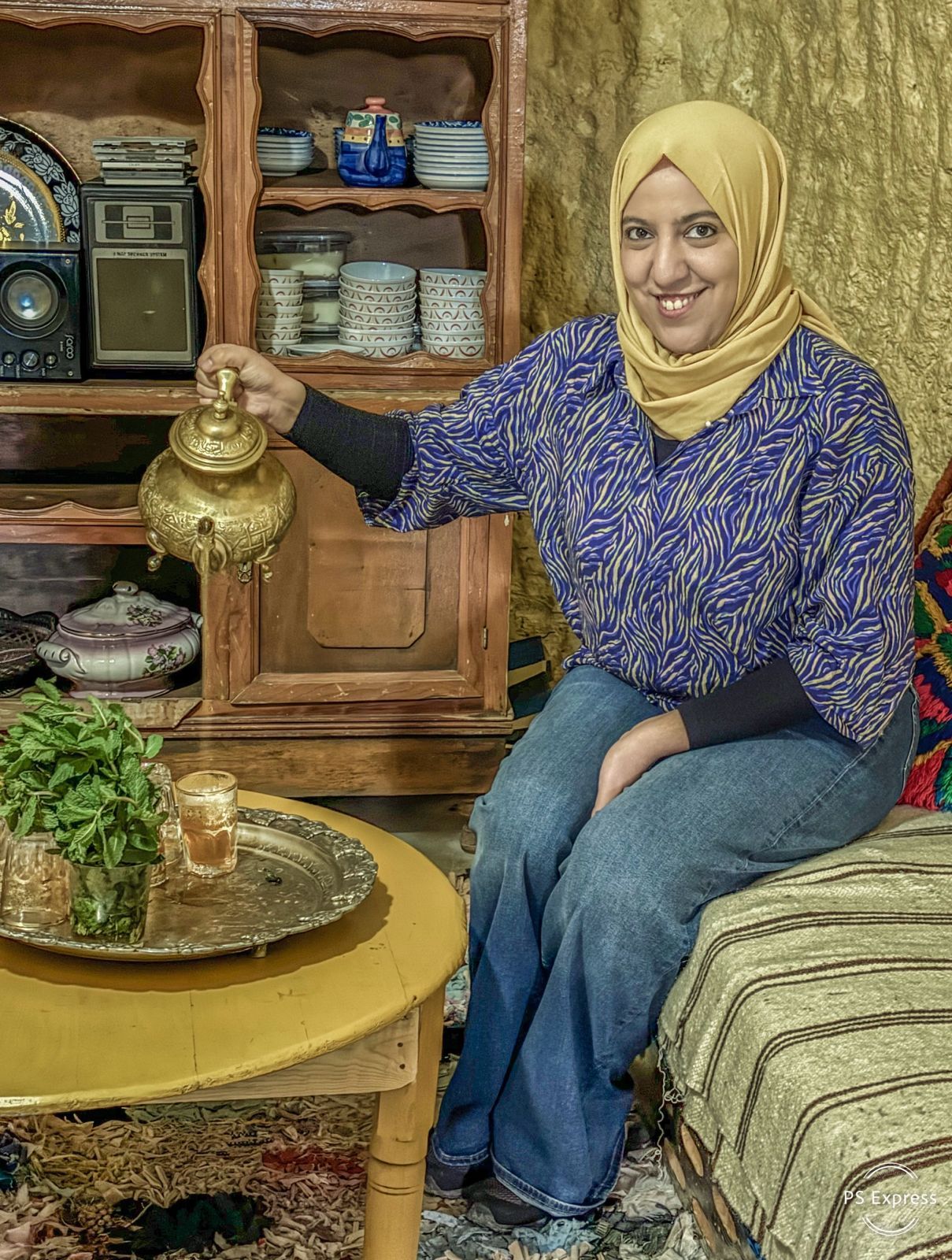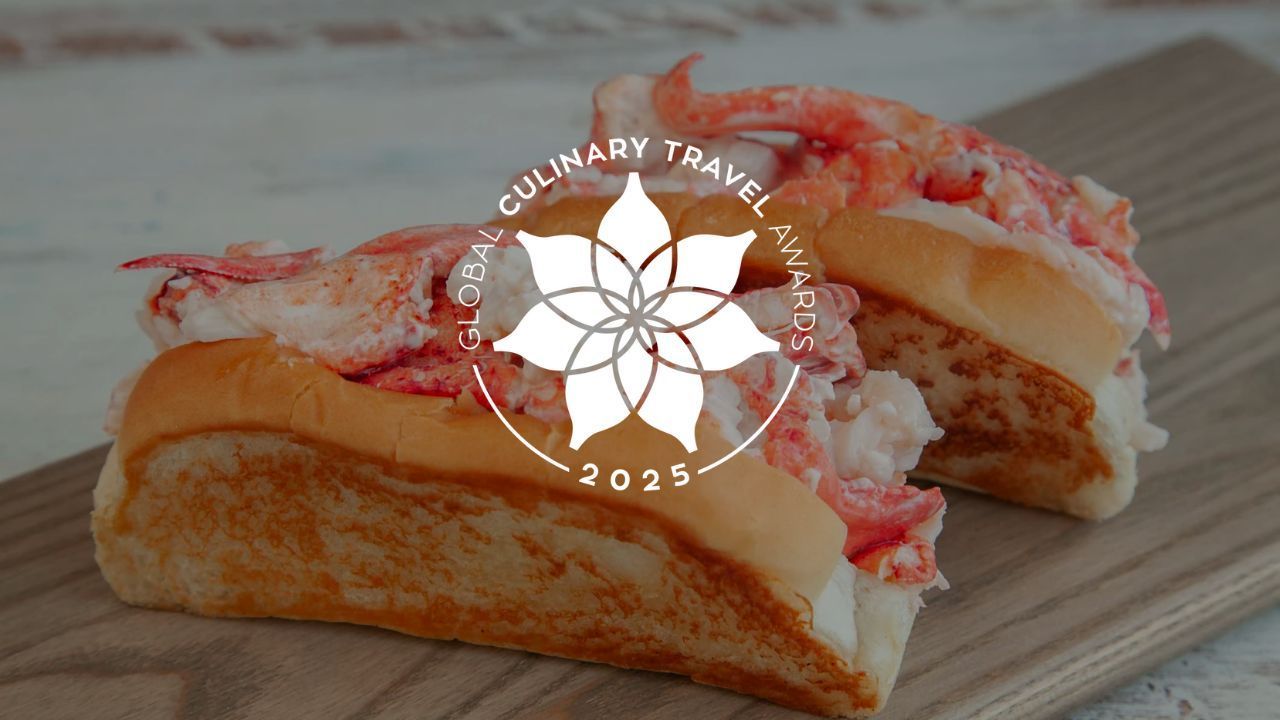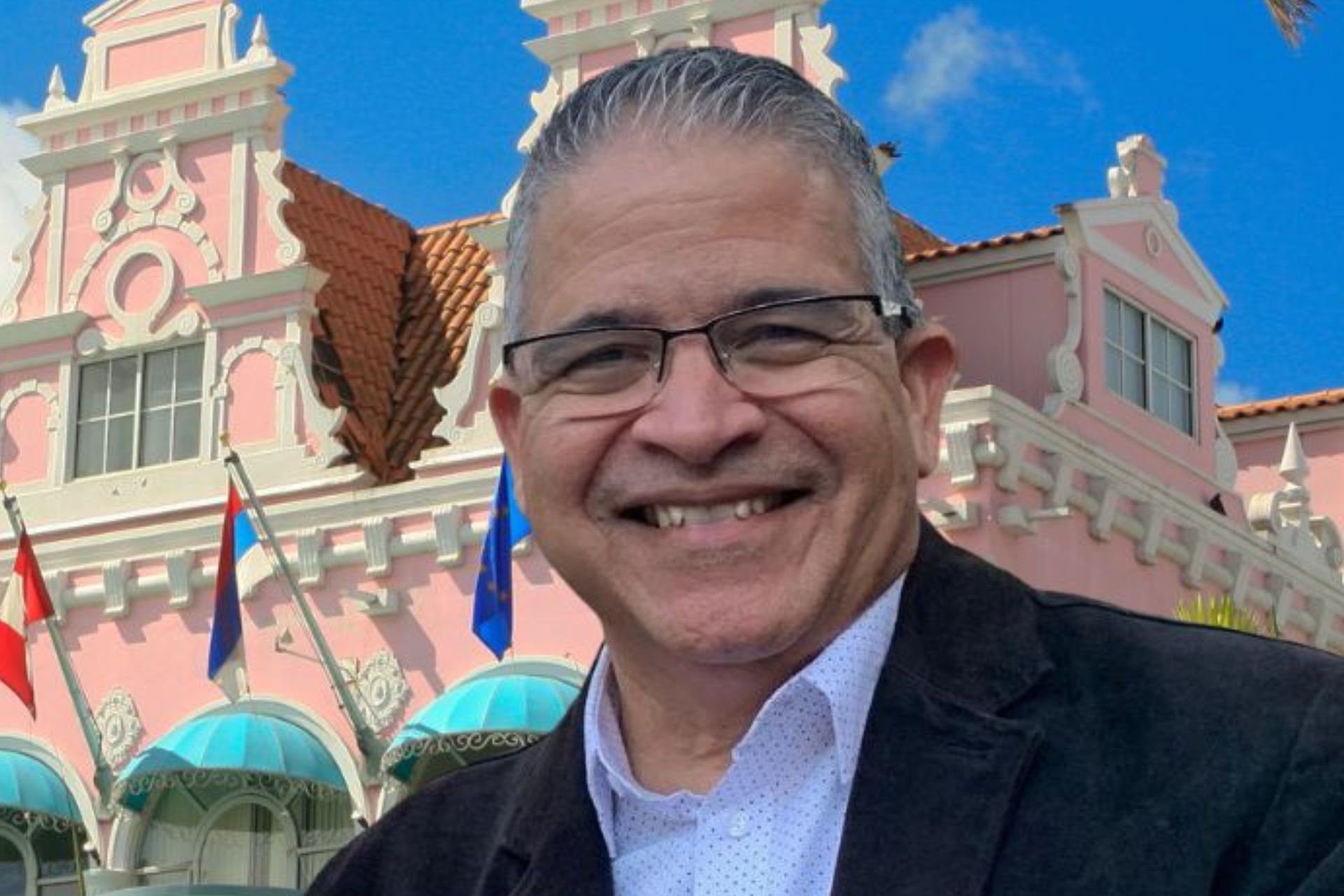Coffee Tourism: New Opportunities

Every day, 2.5 billion (with a “b”) cups of coffee are consumed worldwide. It is the second most consumed beverage in the world, with only water being the world’s most essential beverage. And with 500 billion cups of coffee consumed annually worldwide, it is not a far stretch to presume that the potential for coffee-based gastronomy experiences is tremendous.
Legend says that coffee was discovered by a shepherd in Ethiopia in the 9th century. The shepherd noticed that after his goats ate coffee beans, they had a lot of energy. This observation motivated him to try the grains himself. Excited by the energy he felt, he decided to recommend coffee to some monks from Ethiopia. They became ardent followers of this product, as in this way they stayed awake for more hours and prayed much more daily.
Did you know that even Beethoven was a great fan of coffee? There are hundreds of more exciting coffee stories that are worth to be read in order to understand why coffee is one of the most popular products in the world.
Remember that coffee is already a favorite habit of a large percentage of the world’s population. It represents a special culture, as we combined it not only with our jobs but also with our free time, with our socialization but also with our holidays. We have also learned to combine our coffee both with loneliness and the company with other people.
The wide variety of coffee types, ways coffee is used, and how everyone enjoys coffee differently gives us additional clues as to the great possibilities in terms of designing specialized gastronomy experiences based on this product.
And remember that in many countries of the world we find unique types of coffee, such as the delicious iced frappe coffee that you find in Greece. There are unique coffee oases all over the world, and also the unique Greek and Cypriot cafes called “Kafenia.” These are more than just cafes. They are special places where locals enjoy their daily coffee, meet each other, discuss and relax.
There are also whole cities whose names are associated with coffee, such as Vienna, where coffee is extremely popular; its cafes are known worldwide. Some of them opened many many years ago, and still serve coffee today. Or consider Melbourne, which is known as Australia’s “Coffee Culture Capital” or Seattle, USA, the home of Starbucks (whether or not you like their coffee is a discussion for another day).
There is tremendous potential for coffee tourism in its producing countries, such as Brazil, Vietnam, Indonesia, Colombia, Ethiopia, Kenya, Costa Rica, Guatemala, etc. However, such tours either do not exist or are not well-known. For destinations looking to diversify their tourism product portfolios, or to do more with culinary tourism, coffee could be the key that unlocks the doors of economic potential.
Even the combination of coffee with something salty or sweet, is a challenge for our imagination. Consider how we marry coffee with savory breakfast foods or sweet afternoon snacks.
There are tremendous possibilities for designing unique and attractive gastronomy experiences with coffee. Different venues, different production methods and facilities, different opportunities based on location or time of day, different flavors, and we can even combine it with other savory or sweet locally-sourced products. Coffee can be an experience that allows people to relax, talk, and calmly enjoy the company of others.
Coffee is an extremely interesting product with huge potential for gastronomy tourism. It can lead to interesting synergies, successful business relationships, and also to popular gastronomy experiences for travelers.
Written by Maria Athanasopoulou, founder of Respond on Demand Ltd and chair of the Board of Directors of the World Food Travel Association (WFTA). She serves as WFTA’s Certified Ambassador to Greece and is also a Master of Arts in Culinary Travel.











